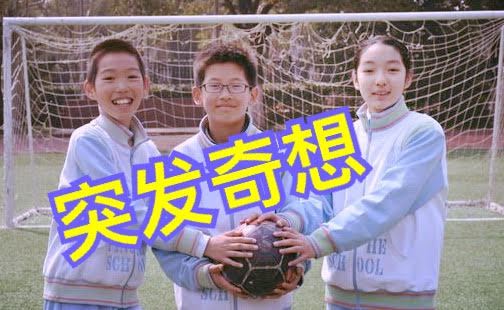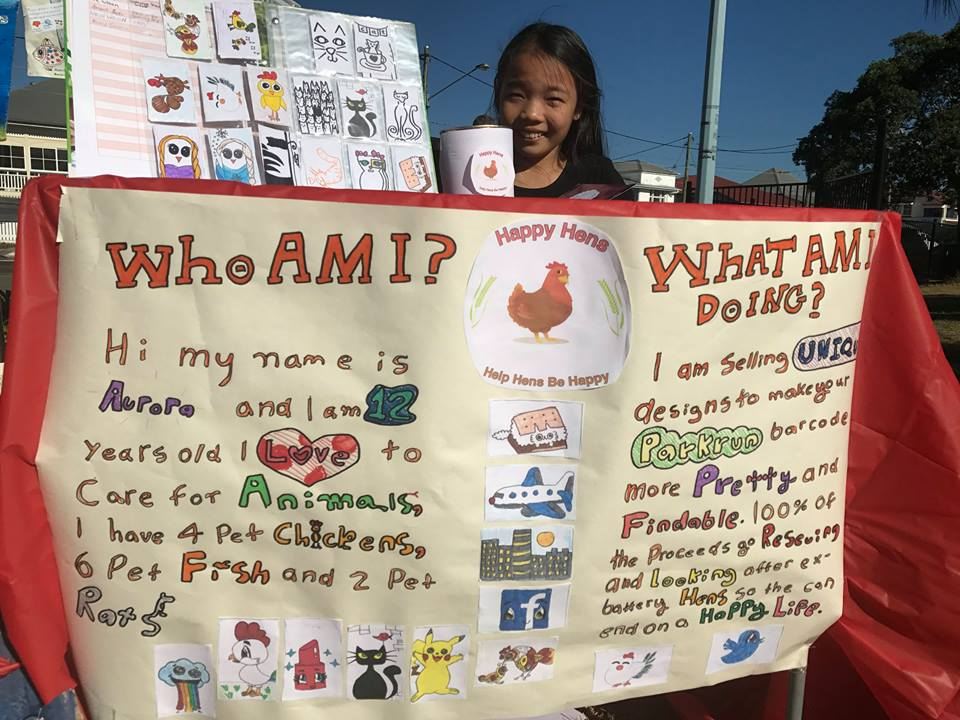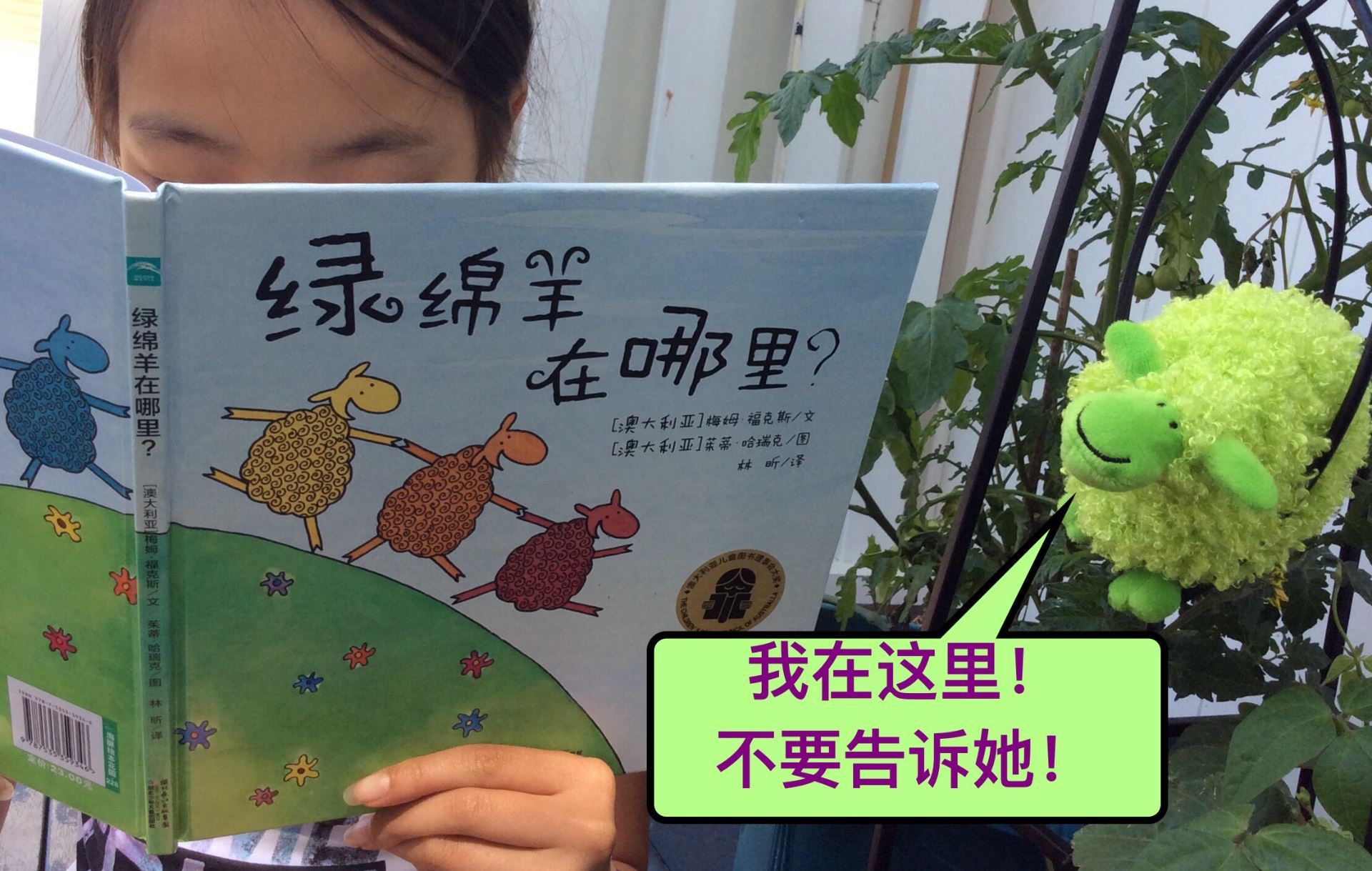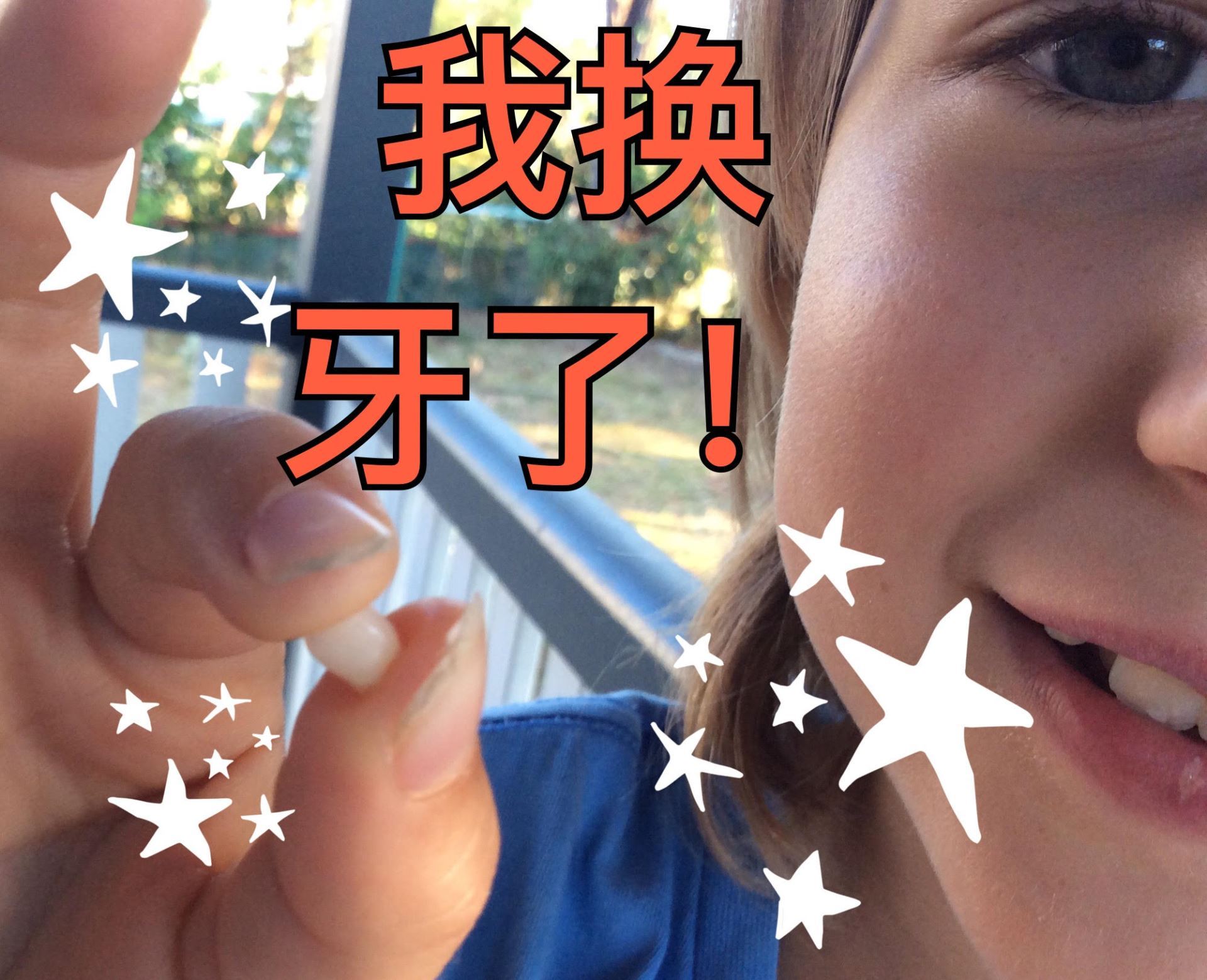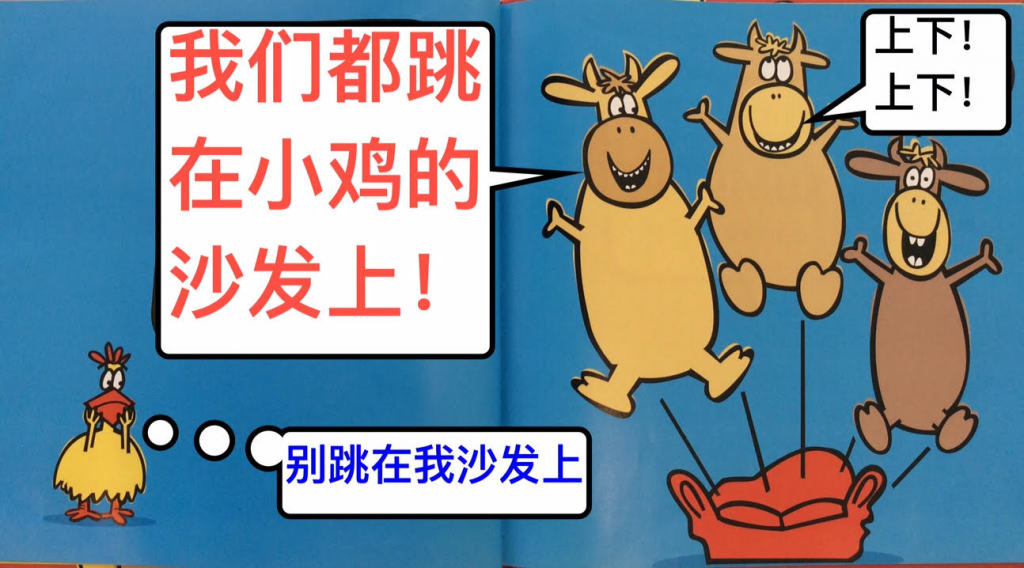突发奇想 (tū fā qí xiǎng) is an idiom in Chinese that means ‘to have an inspirational idea’. And when given the opportunity, our children no matter where they are in the world, have lots of inspirational ideas!
Children have interests and passions, and when left to explore these themselves, they learn all the things that we really want them to learn (like language, science, maths etc).
Children are also intrinsically compassionate, and naturally want to help others, which unfortunately isn’t a specific ‘outcome’ to be developed in children in most curriculums. So unless we allow children time and space to do their own thing, this important ingredient of ‘compassion’ and ’empathy’ that itself gives an intrinsic motivation for our children to deeply learn, can be forgotten about.
My little girl Aurora has with her love of chickens, drawing, and her involvement in the Parkrun community, had an ‘inspirational idea’ to design unique designs for Parkrunners’ Barcode cards, to raise money to give ex-battery hens a better life. By doing this she is managing a project that is self-led and that she is passionate about, and learning ‘curriculum outcomes’ without even realising…whilst also making partnerships in the community and feeding her compassion to grow…which in turn leads to even deeper learning of those ‘curriculum outcomes’. You can follow her project on her Happy Hens blog.
Often when children are allowed to explore their interests and passions, that will be enough to spark a self-led project. There are lots of ways to spark ideas, but exploring the UN’s Global Goals can often spark initiative in children to use their super powers and passions to do something really good. The link ‘Heroes for Change’ also has videos about the Global Goals in Mandarin for those integrating Mandarin into projects.
That is why, whilst learning her Chinese, Aurora was really interested in a news story about the above 3 children in China, the same age as her, who wrote, illustrated and published bilingual books to raise money to build a soccer field for students at a poor rural school. They took their passions of dinosaurs, learning English, and soccer and combined them to help others. Their passion and compassion was their motivation, and had to manage and learn so much, but did it because they wanted to. You can read their story here (in Chinese), the headline reads:
(shàng hǎi xué sheng zhòng chóu chū bǎn zhōng yīng shuāng yǔ xiǎo shuō , wèi pín kùn dì qū xiǎo xué yuán jiàn zú qiú chǎng)
‘Shanghai students crowdfund to publish bilingual storybook, in order to raise funds to build a soccer field for an impoverished primary school’
We made an image of a few of the key words we found in this news article that we resonated with 🙂
The words in the image, taken from the article, are below, followed by a few quotes from the article.
突发奇想 tū fā qí xiǎng to have an inspirational idea
超级恐龙迷 chāo jí kǒng lóng mí to be mad about dinosaurs
结合 jié hé combine
兴趣爱好 xìng qù ài hào interests and hobbies
爱心 ài xīn compassion
触动 chù dòng to be touched by something
权利 quán lì rights
决心 jué xīn determination
筹集 chóu jí raise funds
张洲晨从小就是个超级恐龙迷
zhāng zhōu chén cóng xiǎo jiù shì gè chāo jí kǒng lóng mí
‘From as far as he can remember Zhang Zhouchen was a dinosaur fanatic’
他的兴趣爱好和英文学习结合起来
tā de xìng qù ài hào hé yīng wén xué xí jié hé qǐ lai
‘He started to combine his interests and English study’
因为非常喜欢恐龙,就突发奇想写一本关于恐龙的书,所以后来用英文写了一部关于恐龙的科普书
yīn wèi fēi cháng xǐ huan kǒng lóng , jiù tū fā qí xiǎng xiě yī běn guān yú kǒng lóng de shū , suǒ yǐ hòu lái yòng yīng wén xiě le yī bù guān yú kǒng lóng de kē pǔ shū
‘Because of his love of dinosaurs, he had this inspirational idea to write a story about dinosaurs’
张洲晨非常喜欢踢足球,每天都用一两个小时去踢球。他觉得每个人都应该有权利去享受这么一个简单的东西。
zhāng zhōu chén fēi cháng xǐ huan tī zú qiú , měi tiān dōu yòng yī liǎng gè xiǎo shí qù tī qiú 。 tā jué de měi ge rén dōu yīng gāi yǒu quán lì qù xiǎng shòu zhè me yī gè jiǎn dān de dōng xi 。
‘Zhang Zhouchen really liked soccer, every day he played for 2 hours. He felt that everybody should have the right to enjoy such a simple thing in life’.
I hope this inspires students and teachers to let passions guide you for learning 🙂
